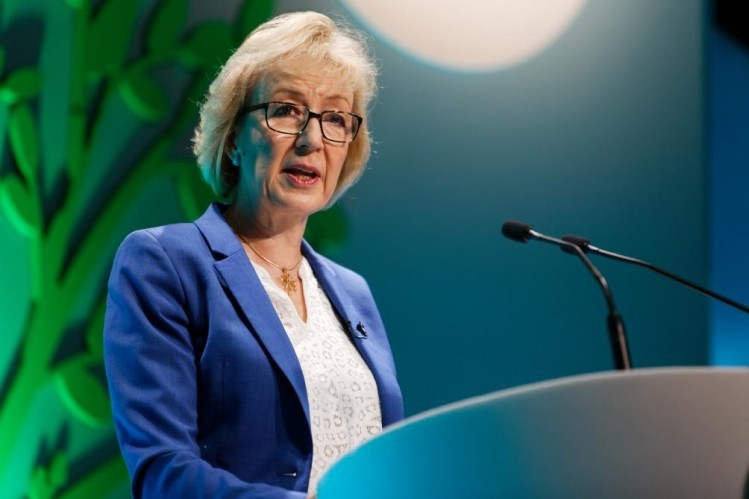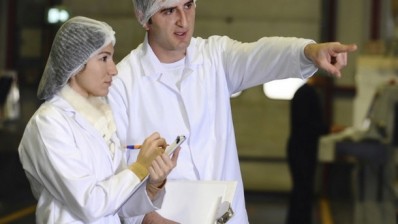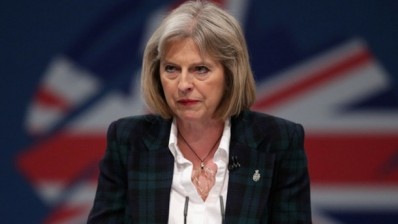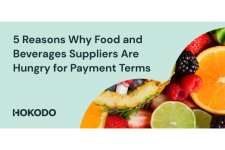Oxford Farming Conference
DEFRA boss tries to reassure food industry on migrant labour

“We are absolutely committed to making sure we have the right skill set and the right workforce for the UK food and farming industry,” said Leadsom yesterday (January 4) at the Oxford Farming Conference.
Leadsom told FoodManufacture.co.uk: “We are very aware of it [access to permanent and migrant labour] and I have spoken directly to the Home Office about the matter. They are looking at it very closely. It is fully our intention to ensure that the labour needs of the food and farming sector … will be met.”
In her keynote conference address, the boss of the Department for Environment, Food and Rural Affairs (DEFRA) went out of her way to praise the contribution of non-UK EU workers to the food and farming industry.
‘I want to pay tribute to the many workers from Europe’
“I want to pay tribute to the many workers from Europe who contribute so much to our farming [and food] industry and rural communities.
“Access to labour is very much an important part of our current discussions.”
There will be announcements about employers’ access to permanent and seasonal migrant workers in “due course”, pledged the DEFRA boss.
Other key conference pledges were to ensure food and drink manufacturers faced zero or low tariffs on exports to EU countries after Brexit, to cut red tape and to consult on farm policy.
On tariffs, responding to a question from FoodManufacture.co.uk, Leadsom said the government would press for low or zero tariffs, once Article 50 (the UK’s formal exit from the EU) was triggered at the end of March.
‘Zero tariffs where we can’
“Absolutely all of that discussion [on Brexit] will be done with the clear intention to maintain as low tariffs as possible – zero tariffs where we can – and we will be negotiating the best possible deal for famers and food producers.”
But the cabinet minister said she could not be specific about exactly what terms the government would be able to negotiate.
The National Farmers Union president Meurig Raymond welcomed the pledge to cut red tape but pressed for more details of the government’s post Brexit plans.
“While we welcome the secretary of state’s commitment to reduce red tape after leaving the EU, there are more immediate concerns that need addressing and it is disappointing that there is no further clarity on access to the single market, how farms will continue to have access to a reliable workforce and what the ambitions are for a future domestic agricultural policy.”
To ensure British food and farming continued to have a viable future outside the EU, the industry needed to know what future trading arrangements would look like with the EU and beyond, where they would be able to recruit their workforce from and what a domestic agricultural policy would look like post-Brexit, he added.
Meanwhile, watch out for our exclusive video with DEFRA minister George Eustice on how Brexit will benefit the food industry.
DEFRA boss Andrea Leadsom on the food industry after Brexit – at a glance
- Offered reassurance on continued availability of migrant labour
- Pledged to press for low or zero tariffs on exports to EU countries
- Purge on red tape
- Farm support to continue at present level until 2020
- Two green papers (preliminary reports of government proposals): one for food and farming and one for the environment
- Launch public consultation on food, farming and the environment
- Improved productivity for farming and rural areas
- Improved flood protection
- Joint effort between government and business to attract more young people into the food industry
- £160M allocated to agri-tech strategy
Source: Oxford Farming Conference





















